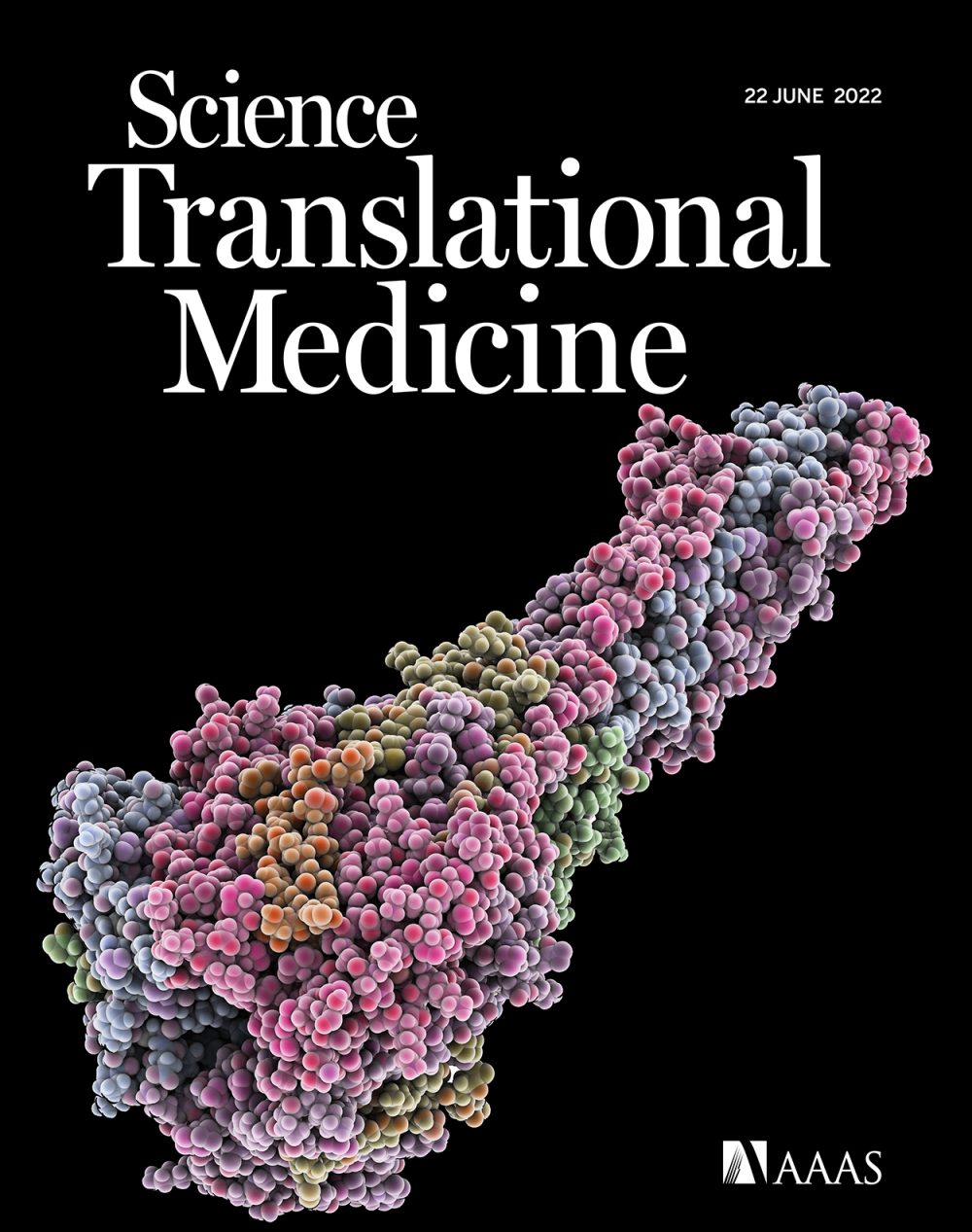
PROJECT DETAILS
- Research Name CKS1 inhibition depletes leukemic stem cells and protects healthy hematopoietic stem cells in acute myeloid leukemia
- Journal Science Translational Medicine
- Year 2022
- Link https://doi.org/10.1126/scitranslmed.abn3248
Abstract
Acute myeloid leukemia (AML) is an aggressive hematological disorder comprising a hierarchy of quiescent leukemic stem cells (LSCs) and proliferating blasts with limited self-renewal ability. AML has a dismal prognosis, with extremely low 2-year survival rates in the poorest cytogenetic risk patients, primarily due to the failure of intensive chemotherapy protocols to deplete LSCs and toxicity of therapy toward healthy hematopoietic cells. We studied the role of cyclin-dependent kinase regulatory subunit 1 (CKS1)–dependent protein degradation in primary human AML and healthy hematopoiesis xenograft models in vivo. Using a small-molecule inhibitor (CKS1i), we demonstrate a dual role for CKS1-dependent protein degradation in reducing patient-derived AML blasts in vivo and, importantly, depleting LSCs, whereas inhibition of CKS1 has the opposite effect on normal hematopoiesis, protecting normal hematopoietic stem cells from chemotherapeutic toxicity. Proteomic analysis of responses to CKS1i in our patient-derived xenograft mouse model demonstrate that inhibition of CKS1 in AML leads to hyperactivation of RAC1 and accumulation of lethal reactive oxygen species, whereas healthy hematopoietic cells enter quiescence in response to CKS1i, protecting hematopoietic stem cells. Together, these findings demonstrate that CKS1-dependent proteostasis is a key vulnerability in malignant stem cell biology.
Authors:
William Grey 1,2 *, Ana Rio-Machin 3, Pedro Casado 4, Eva Gronroos 5, Sara Ali 1, Juho. J. Miettinen 6, Findlay Bewicke-Copley 3, Alun Parsons 6, Caroline A. Heckman 6, Charles Swanton 5,7, Pedro R. Cutillas 4, John Gribben 8, Jude Fitzgibbon 3, Dominique Bonnet 1*.
Affiliations:
- Haematopoietic Stem Cell Laboratory, The Francis Crick Institute, London, NW1 1AT U.K.
- York Biomedical Research Institute, Department of Biology, University of York, York, YO10 5DD, U.K.
- Centre for Genomics and Computational Biology, Bart’s Cancer Institute, Queen Mary University of London, London, EC1M 6BQ, U.K.
- Cell signalling and proteomics group, Centre for Genomics and Computational Biology, Bart’s Cancer Institute, Queen Mary University of London, London EC1M 6BQ, U.K.
- Cancer evolution and genome instability laboratory, The Francis Crick Institute, London, NW1 1AT, U.K.
- Institute for Molecular Medicine Finland – FIMM, HiLIFE – Helsinki Institute of Life Science, iCAN Digital Precision Cancer Medicine Flagship, University of Helsinki, Helsinki, Finland.
- UCL Cancer Institute, 72 Huntley St, London, WC1E 6DD, U.K.
- Centre for Haemato-oncology, Bart’s Cancer Institute, Queen Mary University of London, London, EC1M 6BQ, U.K.
*Corresponding authors: [email protected], [email protected]